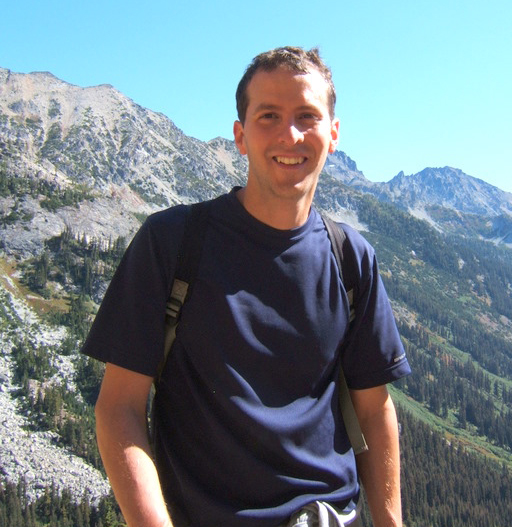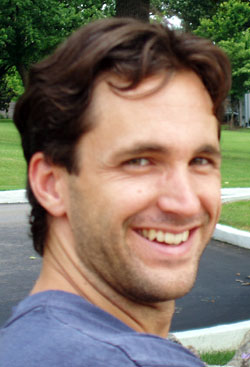The NSF Geography and Spatial Sciences Doctoral Dissertation Research Improvement (DDRI) Advisory Panel has awarded grad student Felipe Murtinho an 18-month award of $11,950 in support of his proposal “Adaptation in Watershed Management among Andean Rural Communities.” The proposal, with Associate Professor David Lopez-Carr as Co-PI, was one of 110 submitted to the DDRI panel and one of just 35 recommended for an award.
Felipe’s dissertation research centers on water management and water source degradation in the Andes. He points out that, “in Colombia, only 9% of the rural population has access to safe drinking water, and only about half has access to any water distribution system at all,” and his research focuses on watershed management in rural communities (veredas) in the Andean Fúquene watershed of Columbia. He has lived in Fúquene for the past 6 months, working on the first stage of his dissertation, and the DDRI grant will finance the second stage, focusing on case studies and household analysis with 4 months of fieldwork in Fúquene and Bogotá.
David Carr, Felipe’s sponsor for the award, stated that Felipe’s dissertation “fills both a theoretical gap and a practical need of improving our understanding of how rural communities adapt to environmental change…The study findings will provide critical insights for water management and rural development, not just in Colombia, but for much of Latin America. Given the escalating problem of water scarcity, Felipe’s study is significant in improving our understanding on how societies adapt to their changing environment and how we might avoid conflicts over resource scarcity in the future.” The NSF Advisory Panel agreed, noting that “This is a very well organized, explained, and conceived proposal…The proposed research seeks to identify specific conditions that facilitate adaptation to water resource changes and it considers the impacts of different decision making scales on collective action and adaptation. This work bridges a gap by examining how the interplay between different organizational scales influences the collective decision to adapt (or not) to water source degradation. This work has the potential to improve policy design to increase our capacity to adapt to changing environmental conditions such as water availability. This study will contribute to water programs in Colombia by providing information on the conditions under which communities may adapt.”
Felipe states that “Completing my dissertation with NSF DDRI support will place me in the perfect position to apply for a tenure track position at a leading university, and conduct hands-on research that is relevant to the communities, institutions, and countries where I work. Facing global climate change, water resources management is a current issue receiving media attention globally and therefore allows me to connect academic research and hands on development issues.” Kudos and best wishes to Felipe!




